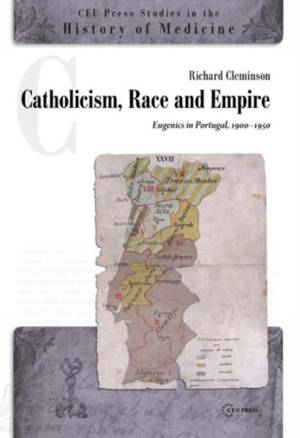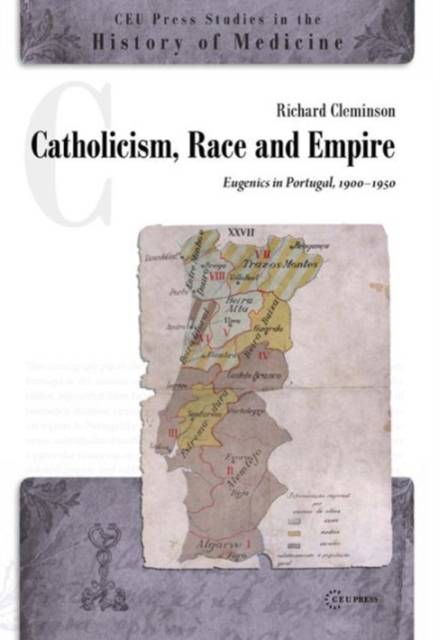
- Afhalen na 1 uur in een winkel met voorraad
- Gratis thuislevering in België vanaf € 30
- Ruim aanbod met 7 miljoen producten
- Afhalen na 1 uur in een winkel met voorraad
- Gratis thuislevering in België vanaf € 30
- Ruim aanbod met 7 miljoen producten
Zoeken
€ 125,95
+ 251 punten
Omschrijving
This monograph places the science and ideology of eugenics in early twentieth century Portugal in the context of manifestations in other countries in the same period. The author argues that three factors limited the impact of eugenics in Portugal: a low level of institutionalization, opposition from Catholics and the conservative nature of the Salazar regime. In Portugal the eugenic science and movement were confined to three expressions: individualized studies on mental health, often from a 'biotypological' perspective; a particular stance on racial miscegenation in the context of the substantial Portuguese colonial empire; and a diffuse model of social hygiene, maternity care and puericulture.
Specificaties
Betrokkenen
- Auteur(s):
- Uitgeverij:
Inhoud
- Aantal bladzijden:
- 304
- Taal:
- Engels
- Reeks:
Eigenschappen
- Productcode (EAN):
- 9789633860281
- Verschijningsdatum:
- 1/09/2014
- Uitvoering:
- Hardcover
- Formaat:
- Genaaid
- Afmetingen:
- 157 mm x 231 mm
- Gewicht:
- 544 g

Alleen bij Standaard Boekhandel
+ 251 punten op je klantenkaart van Standaard Boekhandel
Beoordelingen
We publiceren alleen reviews die voldoen aan de voorwaarden voor reviews. Bekijk onze voorwaarden voor reviews.











